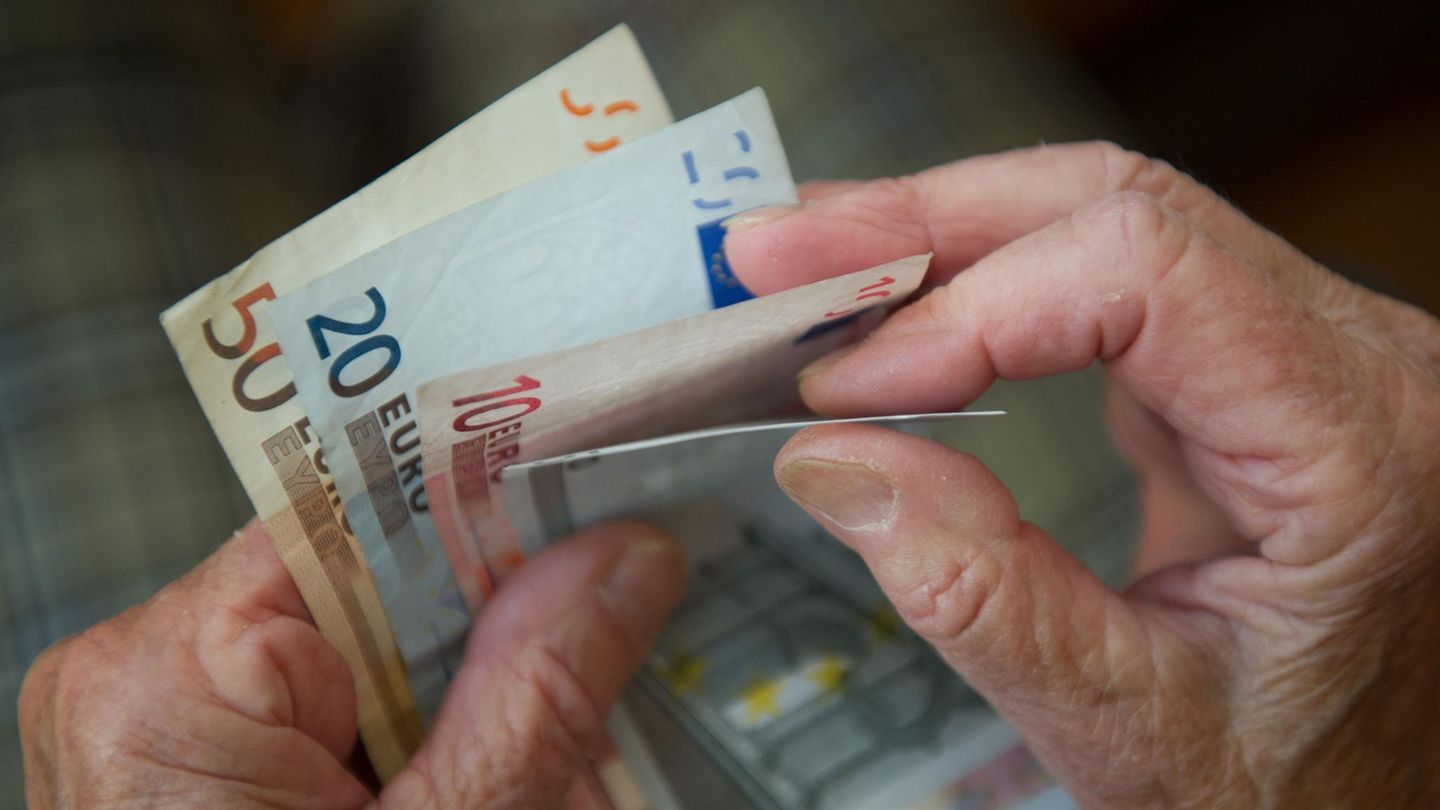Amid the tensions between Russia and Ukraine, Europe’s largest nuclear power plant is the focus of the conflicting parties. Moscow and Kiev accuse each other of an impending attack.
The Kremlin has described the situation around the Russian-occupied Zaporizhia nuclear power plant in Ukraine as “pretty tense”.
“The danger of sabotage by the Kiev regime is great, which can have catastrophic consequences,” Kremlin spokesman Dmitry Peskov told the Russian news agency Interfax. Russia will take all measures to counter such a threat. Ukraine, on the other hand, had previously accused Russia of laying explosives in Europe’s largest nuclear power plant.
Ukraine has repeatedly warned of a terrorist attack on the nuclear power plant allegedly being prepared by Russia. On Tuesday, Moscow in turn accused Kiev of wanting to attack the nuclear power plant with rockets and kamikaze drones in order to cause a nuclear accident.
Expert: Ukraine could not blow up nuclear power plant from outside
According to a German expert, Ukraine does not have the military capabilities to blow up the nuclear power plant from outside. Carlo Masala, a political scientist at the Bundeswehr University in Munich, told the German Press Agency that such a “detonation is extremely complicated”. Russia, on the other hand, could “create chaos” by detonating the nuclear power plant controlled by Moscow’s troops, he said.
“Blowing up a nuclear power plant from the outside is extremely difficult and the Ukrainians don’t have the capacity for that,” said Masala. “If they did, it would take them so long that they would be easy targets for Russian air defenses,” he added. The accusations from the Russian side are therefore very unrealistic.
Masala said of possible motives for Moscow sabotaging the power plant: “It’s like blowing up the dam. Scorched earth policy – that’s the logic behind it.” In June, the Kakhovka dam in southern Ukraine was destroyed, experts assumed it was blown up by Russian forces. According to the expert, no one can say how likely it is that the nuclear power plant will be blown up. “It is only striking that when the Russian Federation starts accusing the Ukrainians and the West of planning some attacks, it is mostly in preparation for its own actions.” However, it cannot be deduced from this that a demolition of Zaporizhia is imminent, he restricted.
Kyiv expresses displeasure with Grossi
Meanwhile, the IAEA boss has to listen to criticism from Kiev. Referring to Rafael Grossi, Presidential Advisor Mykhailo Podoliak said: “Humans are absolutely ineffective in managing the key risk.” The IAEA has “clear levers of influence” on Russia, he said on Ukrainian news television that night. Pressure on the state-owned nuclear company Rosatom could have forced the Russians to withdraw and clear mines, he argued.
Podoljak spoke of “clownery” and described Grossi as “this person” and “the subject of Grossi”. The Ukrainian counter-offensive launched just under a month ago also aims to recapture the Zaporizhia power plant. With a gross output of 6,000 megawatts, Europe’s largest nuclear power plant has been under Russian control since the beginning of March 2022. All six reactors have been shut down since last September.
“Precarious nuclear security situation”
According to the IAEA, the nuclear power plant has again lost connection to its external main power line. The nuclear power plant is therefore dependent on the recently restored replacement supply from a less powerful line, Grossi explained in Vienna.
The only remaining 750-kilovolt (kV) power line — out of four available before the conflict — was disrupted at 1:21 a.m. local time on Tuesday. “It was not immediately known what caused the blackout and how long it lasted,” the IAEA continued. The electricity is needed, for example, to pump cooling water for the plant. “This time the power plant avoided a total blackout of all external power supply – which had already happened seven times during the conflict – but the recent power line disruption once again highlights the precarious nuclear safety situation at the power plant,” Grossi said.
Source: Stern
I have been working in the news industry for over 6 years, first as a reporter and now as an editor. I have covered politics extensively, and my work has appeared in major newspapers and online news outlets around the world. In addition to my writing, I also contribute regularly to 24 Hours World.




